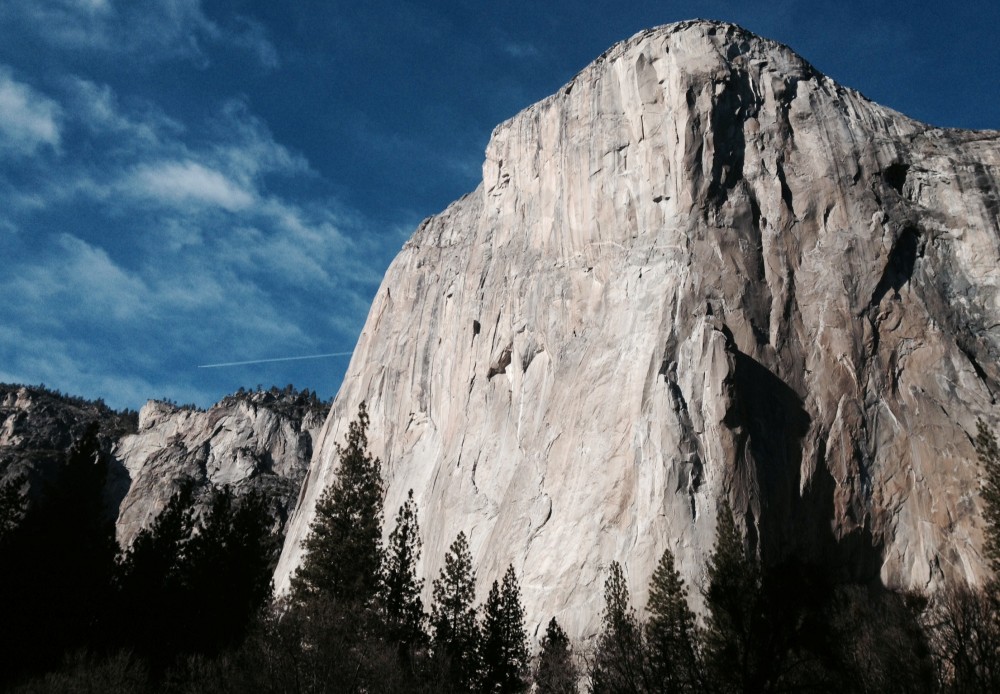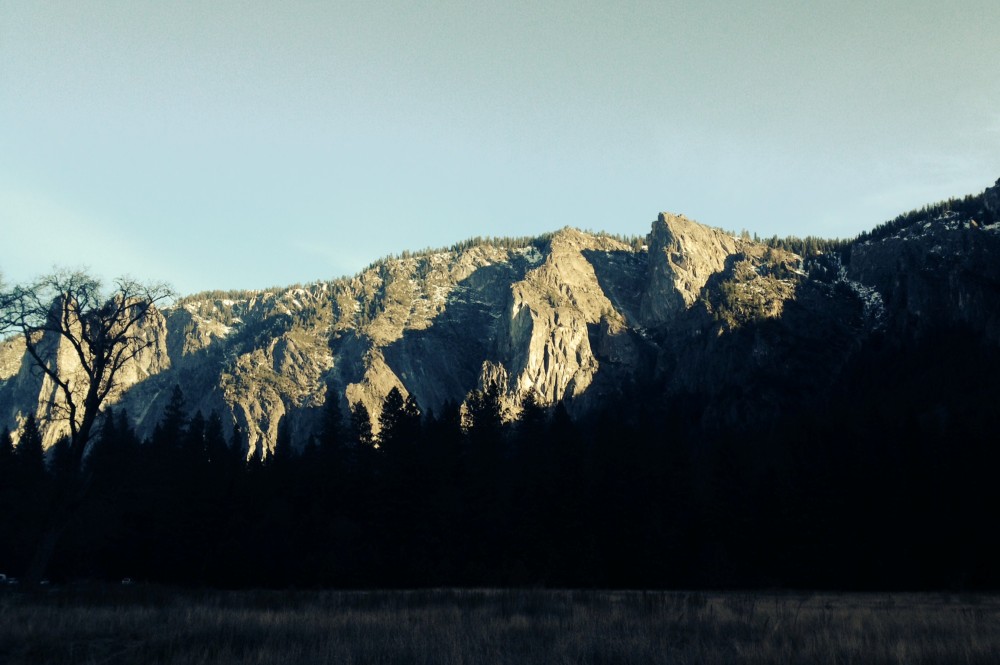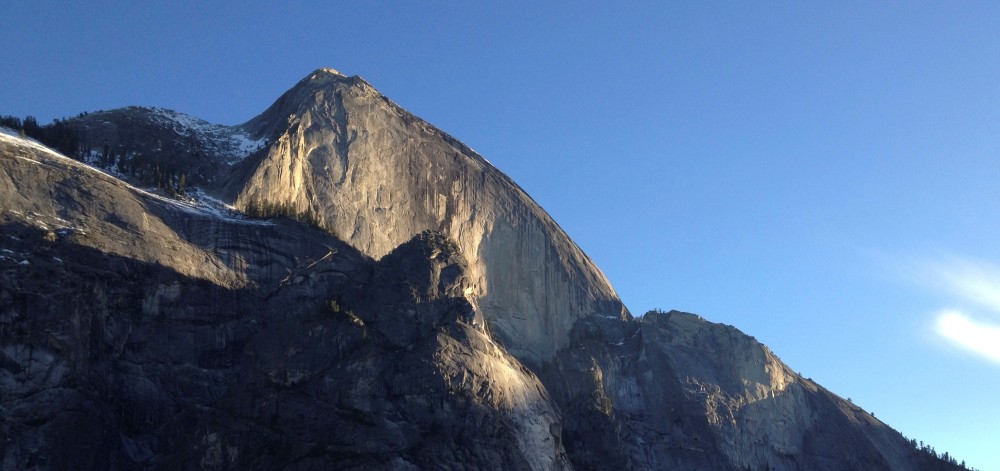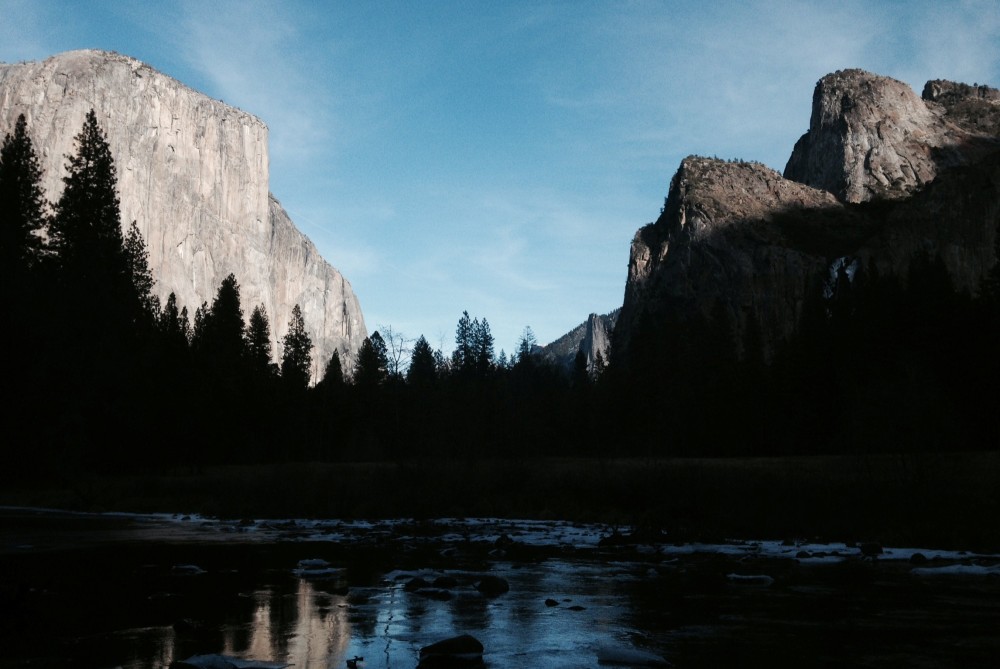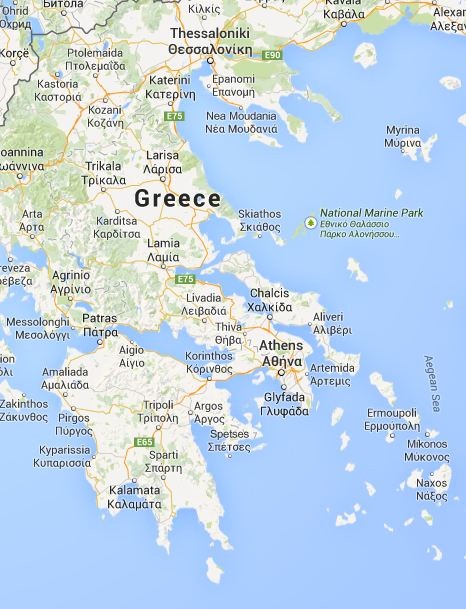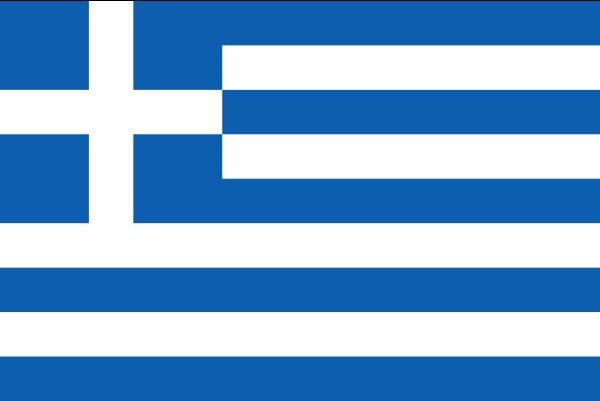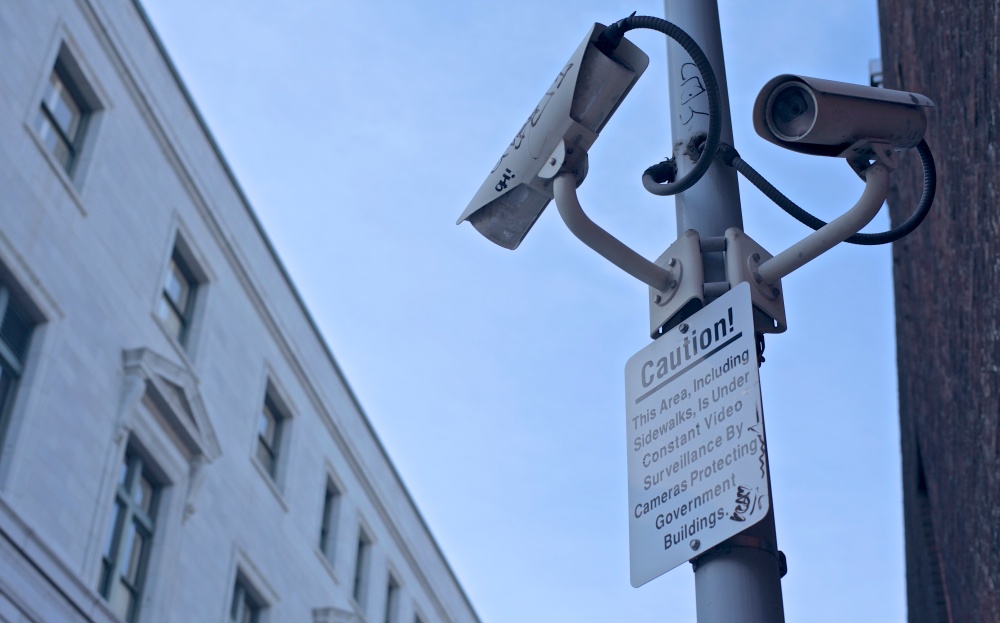The Winston’s Diary Guide to Winter Storms 2015
As I don’t want to leave my New England readers out in the cold, I wanted to write a short article with some suggestions on what to do for those trapped inside by the blizzard. I’m posting this after I noticed both The Guardian and The New York Times published their own lists as to what readers could “Watch, Read, or Listen to” during the storm. But since neither list offered anything truly interesting—and both were heavy on watching things, rather than reading or thinking about them—I wanted to create my own. So without further ado, here’s the Winston’s Diary Guide to Winter Storms 2015:
- Read—there’s so much I could add here, I’ll have to split this section into two sub-sections: books & online articles.
- Books—Lucretius’ On the Nature of the Universe was the best book I read last year, and his insights will blow your mind ten times over by the end. Donald Worster’s biography of John Muir is truly excellent, and he avoids romanticism of his subject and instead places Muir firmly within the proper historical context. Brilliant. Cormac McCarthy’s Blood Meridian remains one of my favorite books of all time—McCarthy’s prose is not for the faint of heart or impatient, but those who make it the end will be (incredibly) thankful. Denis Johnson’s Tree of Smoke is another text buoyed by phenomenal prose, and it’s a tightly-wound tale about a CIA officer in Vietnam. Great stuff. Lastly, Jerry Mander’s The Capitalism Papers offers a simple and lucid critique of capitalism and why it is, in his words, an “obsolete system” (spoiler alert: he’s right). Not the most intellectual or academic critique of all time, but I appreciate the book’s straightforward style.
- Online Articles: Hard to know where to begin because there’s so much good stuff out there, so I’ll just link a few recent articles I read that I enjoyed. Ted Conover has an excellent piece in this month’s Vanity Fair detailing the horrors of solitary confinement at Gitmo and elsewhere—great piece, and just a searing final line. ProPublica published a good article on the (largely unregulated & dangerous) use of “flash-bang” grenades by American police forces. Mother Jones details what happens when hedge-funds take over the almond business. Rolling Stone profiles “America’s Dirtiest Cops” on the Texan border. Lastly, Politico Magazine has a wonderful piece detailing the (long and lachrymose) history of “America’s most out-control law enforcement agency,” the Customs & Border Patrol. All of the articles above are well worth your time.
- Watch—Honestly, I don’t like TV—so much mindless drivel, so little time—so I can’t recommend anything there outside of Breaking Bad, which I’m confident most of you have seen by now. Therefore, I’ll skip right to a few movies you should stream on Netflix. The first is Marmato, a wonderful documentary about gold-mining in Colombia and what happens to a small Colombian village when a large multinational arrives to turn a profit (spoiler alert: bad things). Fantastic footage & a moving tale. I’d also recommend the popular Blackfish, which is about killer whales, how smart they are, and how unjust it is for them to end up at SeaWorld. Speaking of injustice, there’s also Surviving Progress to offer up some food for thought: is “progress” killing us? Lastly, take a look at the Netflix-produced documentary Print: The Legend. The film is ostensibly about 3-D printing—not exactly an area I care anything about—but it ends up demonstrating what happens when new ideas meet capitalism.
- Listen—I stopped listening to the radio a while back, so the things I recommend here might be dated. But who cares, right? Just jam Let’s Get Free all day, sprinkle in some Immortal Technique, and listen to these tracks by British rapper Lowkey (see here and here) and you’ll be good to go with your revolutionary hip-hop for the day.
- Do—Remember, just because there’s a snowstorm barreling down doesn’t mean your options are limited to reading, watching, and listening to things—you can still go out and do things. Call a friend. Go outside and play in the snow. Walk around your city while it’s near-empty. Make a meal with your loved one. Write in your journal. Play an instrument. There are an infinite number things you can do on a snow day—or any day, really—so don’t let any list limit your imagination. As Calvin & Hobbes once said: “Let’s go exploring!”
—Winston A.

